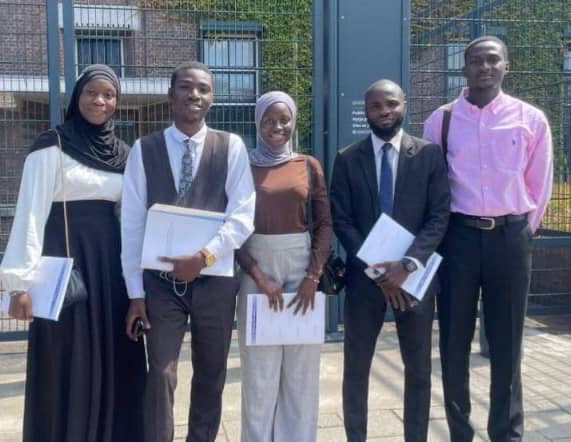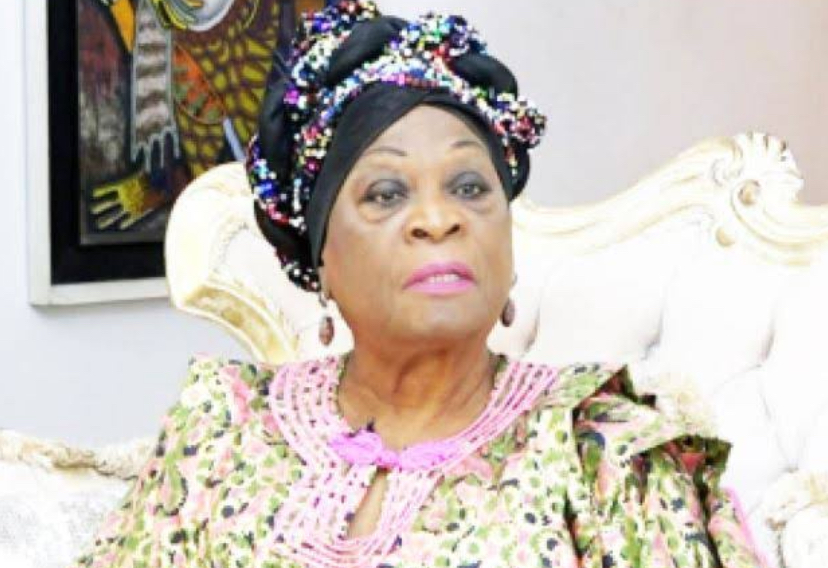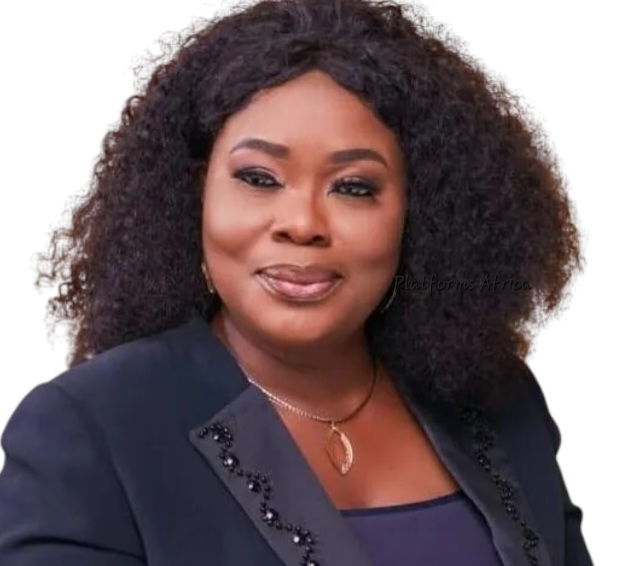The Executive Chairman of the Economic and Financial Crimes Commission (EFCC), Ola Olukoyede, on Wednesday disclosed that the agency had begun investigating the financial records of the oil and gas sector and had already uncovered “mind-boggling” levels of corruption.
He revealed that the ongoing probe into the oil and gas sector is only scratching the surface of widespread fiscal malfeasance, even as he urged the National Assembly to urgently pass a law criminalising unexplained wealth.
“In the last three weeks, we started a commission-wide investigation into the extractive industry, particularly the oil and gas sector. What we have discovered is mind-boggling. And we have only just opened the books. So much more corruption is to be unraveled. If this is what we’re seeing at the surface, imagine what lies beneath,” Olukoyede said.
READ ALSO:
LASU Overtakes UNILORIN As Varsity Of First Choice
Senate Removes Natasha As Diaspora Committee Chair
‘Reconsider That,’ Nigeria Pushes Back As US, UAE Tighten Visa Rules
I’m Running For President, Not VP — Obi
US-based Lawyer Owolabi Salis Becomes First Nigerian To Travel To Space
Speaking during the National Conference on Public Accounts and Fiscal Governance organized by the Public Accounts Committees of the Senate and House of Representatives in Abuja on Wednesday, Olukoyede described the scale of corruption in Nigeria’s public sector as deeply disturbing.
He said fiscal rascality and mismanagement of public resources were at the heart of the country’s economic challenges and rising insecurity.
“There is a very strong connection between the mismanagement of our resources and insecurity. When you look at banditry, kidnapping, terrorism, trace it back, and you will find a pattern of corrupt practices and diversion of funds that were meant to improve people’s lives,” he said.
Lamenting legal obstacles in tackling corruption, Olukoyede noted that current laws prevent the EFCC from prosecuting individuals with suspicious wealth unless a specific “predicate offence” like theft or fraud is proven.
“Help me pass the Unexplained Wealth Bill. I’ve been begging for the past one year. This same bill was thrown out in the last Assembly. If we don’t make individuals accountable for what they have, we’ll never get it right.
“Someone has worked in a ministry for 20 years. We calculate their entire salary and allowances. Then we find five properties — two in Maitama, three in Asokoro. Yet we’re told to go and prove a predicate offence before we can act. That is absurd,” he said.
He explained that the proposed legislation would make it a strict liability offence for any individual to possess assets far beyond their known and legal income sources.
“Once you are living beyond your means, you should be held to account. Until we do this, there will always be an escape route for the corrupt,” Olukoyede added.
The EFCC Chairman painted a grim picture of the global trail of Nigeria’s looted funds, disclosing that the Commission was tracking illicit assets in several countries, including some unlikely destinations.
“Last month alone, I visited four or five countries chasing Nigeria’s stolen assets. An ambassador even told me they discovered an estate in Iceland owned by a Nigerian. Iceland of all places!” he said.
He admitted that even the most efficient anti-corruption agency cannot recover more than half of Nigeria’s looted funds, largely due to resistance from foreign custodians of stolen assets.
“There is no amount of capacity I can build, no level of effort I can put in, that will enable me to recover even half of what has been stolen from Nigeria because the custodians of those assets in foreign countries don’t want to let go. And they won’t,” he said.
He criticized foreign governments for enabling corruption by retaining stolen Nigerian wealth under various pretences, insisting that international law holds them complicit.
“I told them at the United Nations Forum last December that if you are holding onto Nigeria’s stolen assets, we see you as an accessory after the fact. They grumbled, but I didn’t care,” Olukoyede said.
He also decried the culture of impunity in Nigeria’s public sector, where individuals under prosecution are often celebrated while institutions disregard basic financial accountability.
“We are doing this work. We see people who have stolen our money. We have shown you evidence. We’ve traced where the money went. We are already in court. Yet, they’re being celebrated all over the place. Does that show we’re serious?” he asked.
He said over 700 federal Ministries, Departments, and Agencies (MDAs) still operate without effective internal control mechanisms, posing a challenge for oversight.
“How many books can you check? How many files will you read? We need to build strong internal compliance systems that can proactively checkmate corruption,” he said.
Olukoyede stressed that corruption is stalling Nigeria’s development and contributing to unnecessary borrowing.
He cited his analysis presented during his Senate confirmation, revealing that 90% of stolen public funds in a single year ended up abroad—funds that could have built hospitals, schools, and funded education.
“If we execute even 60% of our capital budget efficiently between 2025 and 2026, we will empower small and medium-scale industries. We’ll build infrastructure. We’ll be fine,” he said.
He emphasized that Nigeria has no business borrowing to survive given its vast natural and mineral resources.
“What we need is transparency in revenue generation and accountability in public expenditure,” he said.
Olukoyede urged politicians to rise above ethnic and partisan interests to tackle corruption, warning that the current administration may be Nigeria’s last shot at redemption.
“If we miss it under this administration, I pity Nigeria. Let’s put politics aside. Let’s put ethnicity aside. This is about rescuing the soul of Nigeria,” he said.
He also appealed to lawmakers and citizens to ignore pushback from vested interests and social media trolls.





